Join a powerful, unprecedented alliance for better eye health for all.
Join IAPB-
Choose an alternate language here
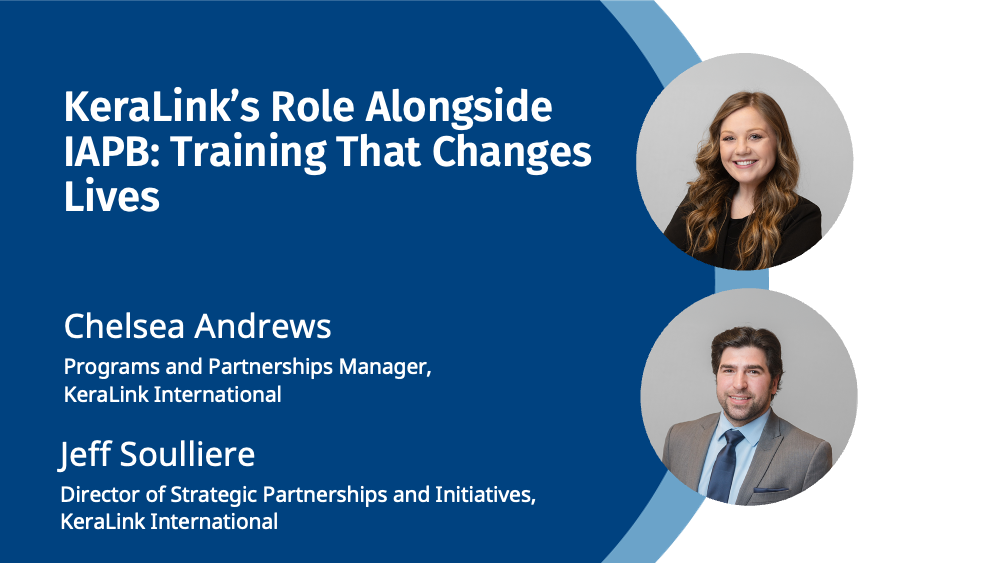
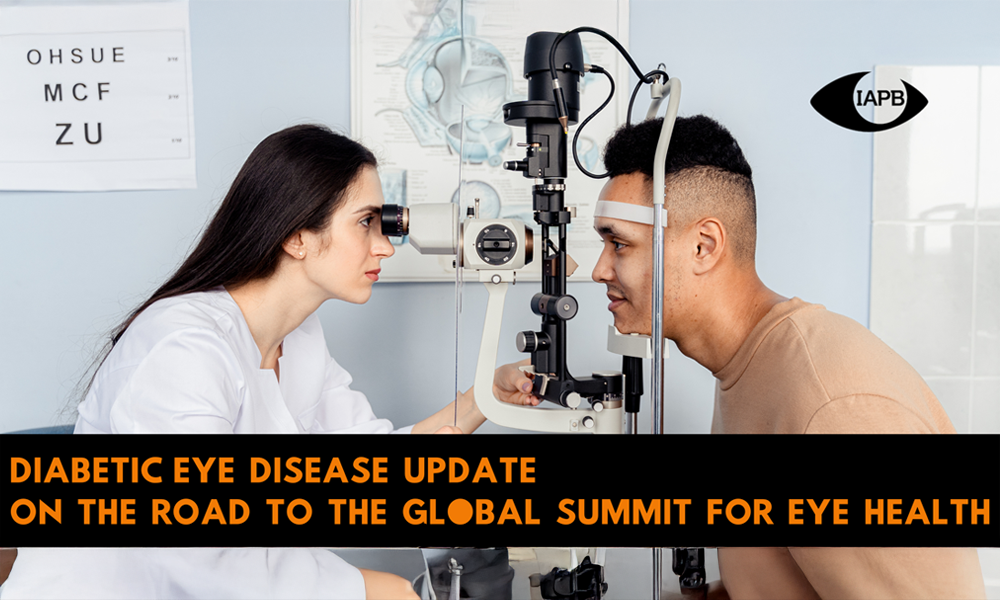
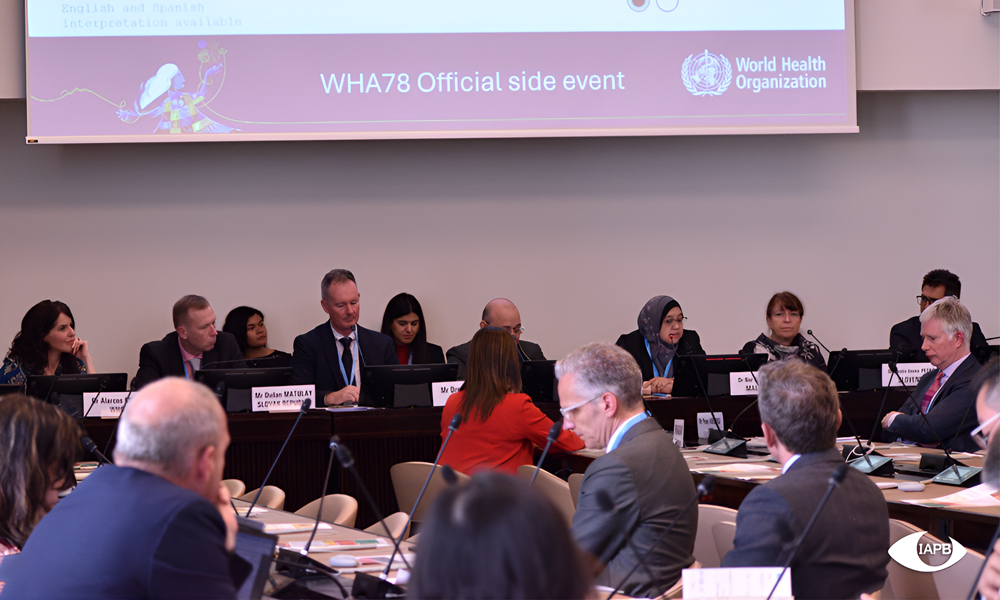
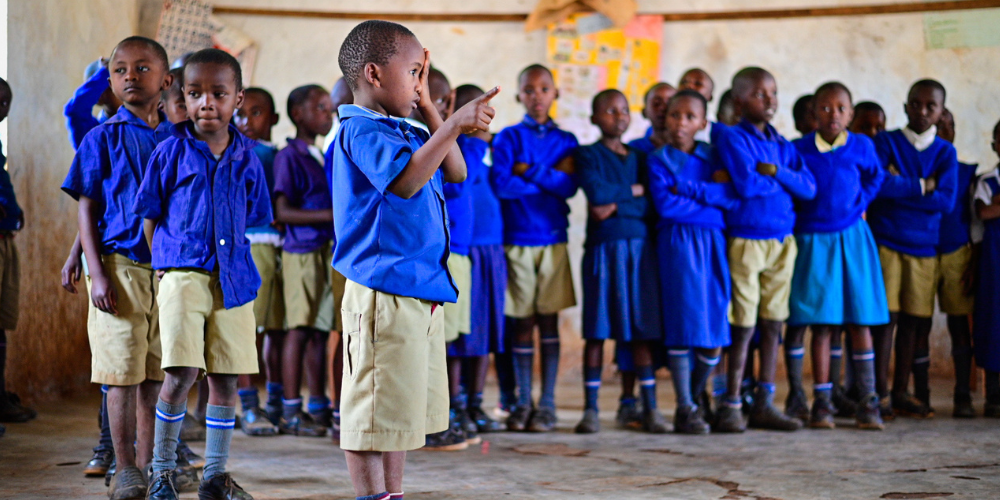
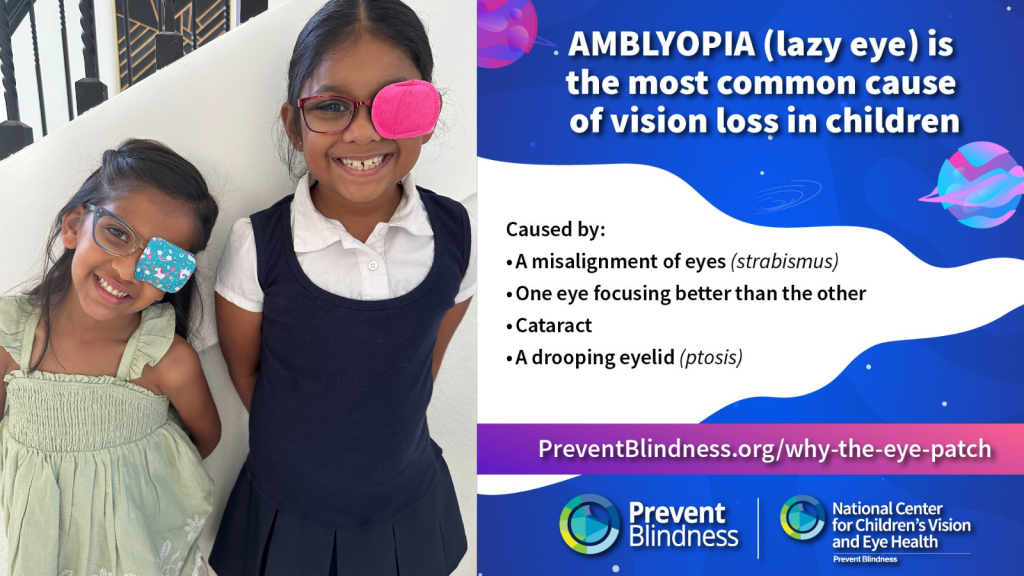
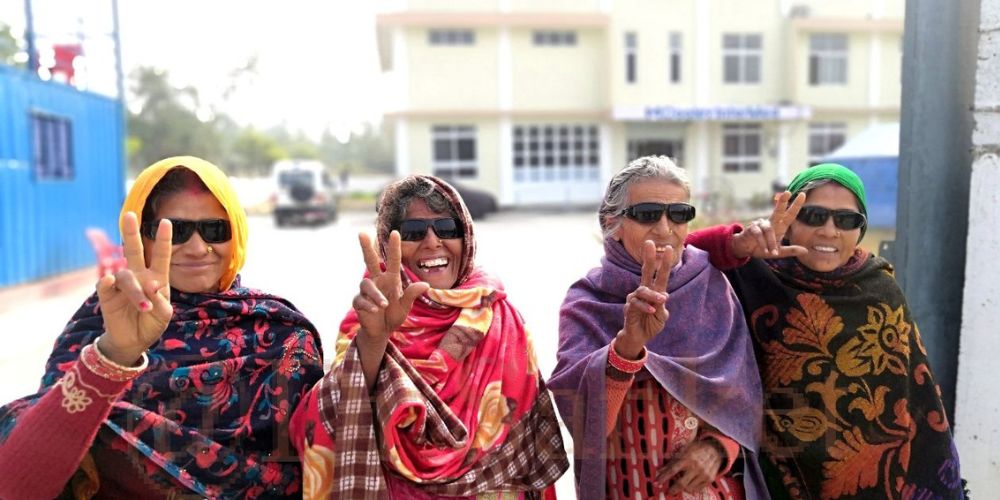



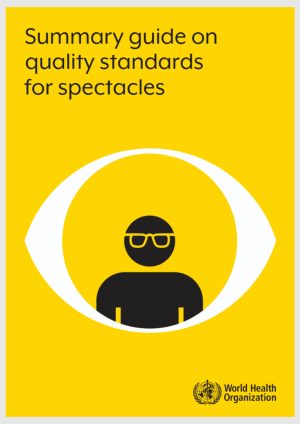
The Summary guide on quality standards for spectacles simplifies global quality standards and provides practical guidance on best practices for dispensing spectacles.
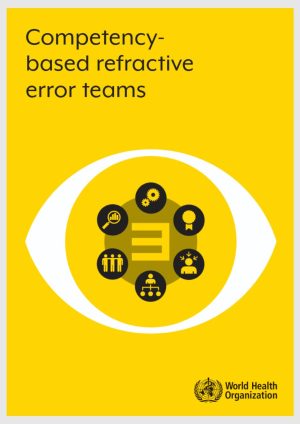
The Competency-based refractive error teams (CRET) tool, developed by the World Health Organization (WHO), is a practical resource designed to support the delivery of high-quality, team-based refractive error services.